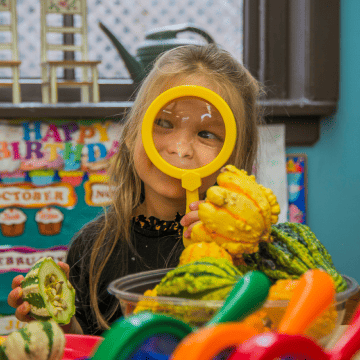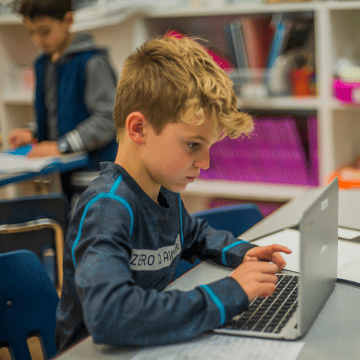As parents, report cards provide a key opportunity to reflect on your child’s academic journey. But traditional letter grades alone often fall short of capturing the full scope of a student’s development. For those unfamiliar with the International Baccalaureate (IB) Programme, its approach to evaluation offers a compelling example of how report cards can go beyond grades to highlight personal growth, critical thinking, and skill development.
The IB Programme, which spans the Primary Years Programme (PYP) and Middle Years Programme (MYP), provides a comprehensive model for assessment that celebrates both academic progress and the unique attributes that make each student distinct. Here’s how it works and how parents everywhere might approach their children’s report cards with a similar mindset.
Primary Years Programme (PYP): A Holistic View of Growth
In the PYP, assessment isn’t just about final grades; it’s a continuous process that captures daily learning. Teachers observe and document how students engage in lessons, apply critical thinking, and demonstrate skills. Informal assessments like class discussions, quizzes, and peer feedback play a key role, as do work samples and drafts, where students refine their efforts based on constructive input.
Final assessments are also part of the equation and might include tests, presentations, or projects. But what sets the PYP apart is its emphasis on self-reflection. Students actively evaluate their own progress, which helps them build self-awareness and take ownership of their learning.
PYP students maintain a digital portfolio, a curated collection of work and reflections that grows with them year by year. While this portfolio culminates in a year-end showcase of their achievements, it also serves as a living record of their development. For parents, it’s a window into how their child’s abilities, interests, and mindset evolve over time.
Middle Years Programme (MYP): Capturing Growth Over Time
The MYP builds on this foundation with a more structured approach to assessment. Traditional progress reports summarize a snapshot of student performance based on averaged grades for classwork, homework, and projects. However, the IB Programme goes further by integrating detailed rubrics that assess four key subject-specific criteria throughout the year.
Each unit in the MYP may evaluate one or more of these criteria, such as critical thinking, creativity, or communication. Teachers use rubrics to provide descriptive feedback, considering not just the final product but also the effort, growth, and problem-solving demonstrated along the way.
The most important distinction in the MYP is how progress is reported. Instead of averaging scores over the year, the IB Progress Report reflects where a student stands at the end of the year, showcasing their mastery and growth in each subject. This approach allows students to build confidence and resilience, knowing that early struggles won’t weigh down their overall performance.
Applying an IB Perspective to Any Report Card
Whether your child attends an IB school or not, the philosophy behind the IB Programme can inspire how you approach their report cards. Traditional grades offer valuable information, but they are only part of the picture. Look beyond the numbers to consider your child’s growth, their challenges, and the progress they’ve made over time.
Ask yourself:
- How is my child developing skills like critical thinking, collaboration, and communication?
- What challenges did they face, and how did they overcome them?
- How can I support them in building confidence and resilience?
Report cards should be more than a measure of academic success; they should celebrate the journey of learning itself. By adopting this broader perspective, you can help your child see their education as a dynamic, empowering process that goes far beyond grades.
📅 Schedule a visit today! Simply fill out our inquiry form or email our admissions office at admissions@allsaintsdayschool.org.




